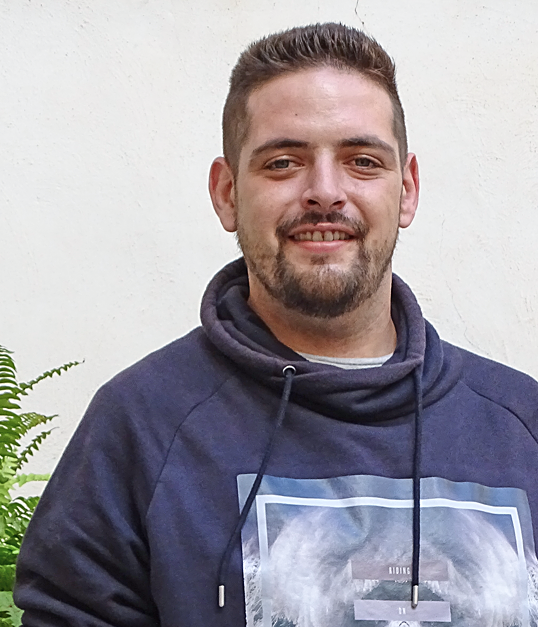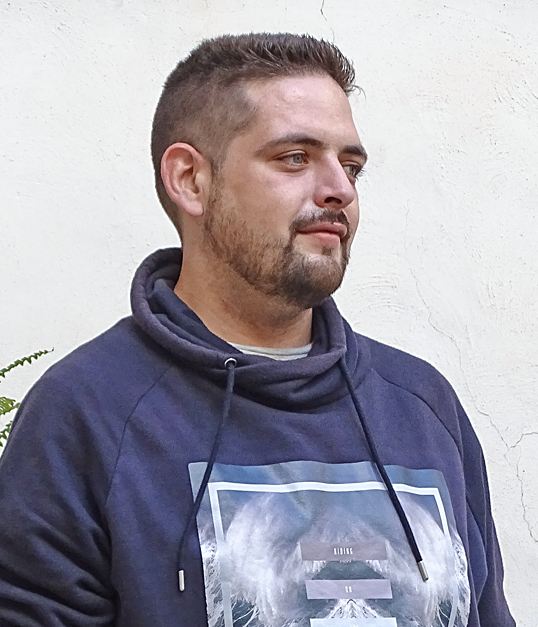opioid dependence
Daniel's story

Daniel has been dependent on drugs for over 10 years. “I started smoking joints when I was 8-years-old. At 15, I started to use cocaine. “The bump of cocaine turned me really high, therefore I started using heroin to balance it. Next, I got addicted to heroin.”
Breaking the vicious cycle
After only one week of using heroin, Daniel says he found it impossible to quit. “Heroin isn’t something you can just stop taking – you get diarrhoea, vomiting. Its brutal. And so, I was hooked. I used to get up in the morning, do heroin and then go to work.”
Taking a gram of heroin each day started to take its toll. “I thought I was working the same way, but I wasn't. Of course, if you don't use, you're nothing – not a person, you can't live life, you can’t even walk! So you convince yourself: ‘I use so I can work’…”
Daniel’s life began to rapidly deteriorate: “Things were terrible. Every day I was stealing and doing bad things to get money to take drugs.” As his opioid dependency began to impact his work and family life more and more, he realised that he couldn’t go on like this. So, Daniel took the first step and started getting treatment.
“It was a question of proposing it, of bringing myself to consider it. That is, thinking that I can't go on like this. I think it's an illness like any other. [...] There are diseases that have no cure – I’m lucky, I can be cured.”

Getting a new chance
Over the last eight months Daniel’s treatment has helped him feel more normal, he says: “It’s as if I’ve been reset – like I have never used drugs in my life.”
“I want to tell people don't even try drugs. Because, from cannabis you move on to cocaine, from cocaine you go on to heroin – or something else. Each time the drugs have less effect, and you want more and more. That was my mistake.” Daniel also believes that the company he kept – people who used drugs – played a role in his opioid dependency: “There’s an expression, ‘Lie down with dogs, get up with fleas’.” But Daniel has managed to break his cycle of heroine use. “Today, I’m pleased to say, I don’t use anything!”
Now Daniel’s ambitions in life are simple: “To get back to work. To be a normal person,” he smiles.
Symptoms
In addition to cravings, withdrawals and drug seeking behavior, physical symptoms of opioid dependence may include changes in sleep habits, weight loss and decreased libido.
Diagnosis
An opioid dependence diagnosis may be made by a doctor following a formal assessment based on the patient’s history and pattern of opioid use, such as use of heroin, other illicit opioids or prescription opioids.
Management
Treatment and management of opioid dependence need to be individualized and may consist of a combination of different pharmacological and psychological interventions.
Explore more
Learn more about opioid dependence.